What the Queen did in the Second World War
Donald Trump thanks Elizabeth II for her service during the global conflict
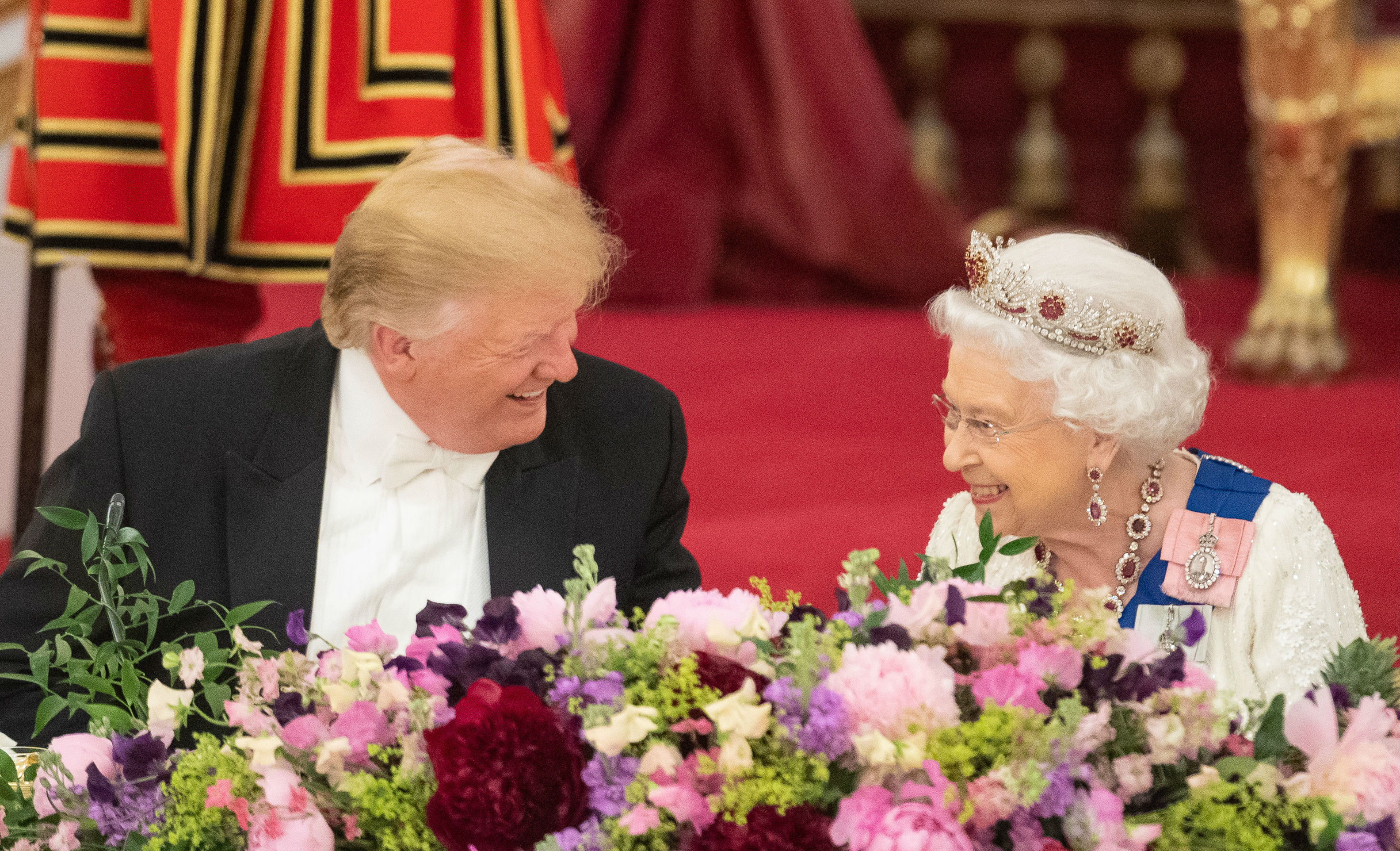
A free daily email with the biggest news stories of the day – and the best features from TheWeek.com
You are now subscribed
Your newsletter sign-up was successful
Donald Trump has commended Queen Elizabeth II for her service in the Second World War, during a speech at Buckingham Palace earlier this week.
The US president is joining Her Majesty and Prime Minister Theresa May in Portsmouth today to commemorate the 75th anniversary of the Battle of Normandy. Yet while “many Americans have been taught about WWII, few were likely aware of the British monarch’s military service during it”, notes CBS News.
Even many Brits many not be aware that the Queen worked as a trained mechanic in the Women’s Auxiliary Territorial Service (ATS), the women’s branch of the British Army, reports the BBC.
The Week
Escape your echo chamber. Get the facts behind the news, plus analysis from multiple perspectives.

Sign up for The Week's Free Newsletters
From our morning news briefing to a weekly Good News Newsletter, get the best of The Week delivered directly to your inbox.
From our morning news briefing to a weekly Good News Newsletter, get the best of The Week delivered directly to your inbox.
A famous photo taken in April 1945 depicts the-then princess showing her mother a car engine on which she had worked. Trump referenced this famous image in his address to guests at Buckingham Palace, after arriving for a three-day state visit on Monday.
“That young mechanic was the future Queen - that great, great woman,” he said. “Her Majesty inspired her compatriots in that fight to support the troops, defend their homeland, and defeat the enemy at all cost.”
The royal was just 13 when the conflict began, in 1939, and along with her sister Princess Margaret, spent most of the war years at Windsor Castle. Like many other British children, they were often apart from their parents.
In October 1940, Princess Elizabeth “broadcast a message to evacuees on the radio programme Children’s Hour, urging them to have courage”, reports the Imperial War Museum (IWM) website.
A free daily email with the biggest news stories of the day – and the best features from TheWeek.com
And after turning 18, in 1944, she pleaded with her father to be allowed to serve alongside her subjects in the war effort.
“[The] King ruled after long deliberations with his councillors that her training as a princess outweighed the nation’s increasing manpower problems and that ‘Betts’ should not join any of the women’s auxiliaries, nor work in a factory,” Life magazine reported at the time.
“But Betts had other ideas. It was not surprising that not long afterward the Palace made a straight-face announcement that the King ‘had been pleased to grant an honorary commission as second subaltern in the ATS to Her Royal Highness the Princess Elizabeth’.”
Her desire to serve was in keeping with the overall mood in the UK. As the director of the International Museum of World War II, Kenneth Rendell, told Time last year: “People have said to me that the lucky ones were the pilots, because they were doing something.”
When the Princess joined the ATS, the Associated Press reported that she was the first woman in the Royal Family to be “a full-time active member in the women’s service”.
Although not a combat role, serving in the ATS “was not without its risks”, adds Time. The service recorded its first death in 1942, when a woman serving at an anti-aircraft station was killed by a bomb.
After joining up, the future queen “passed a military driving test, learned to read maps and worked repairing engines”, the magazine says.
Five months later, “she was promoted to junior commander, which was the equivalent of captain”, according to the IWM website, which notes that unlike fellow ATS members, she slept at Windsor Castle, rather than in the camp.
To this day, the Queen remains the only female member of the Royal Family to have served in the Armed Forces. However, her male descendants have put in stints, including Prince Harry, who served in the British Army for ten years, officially leaving in 2015.
-
 The environmental cost of GLP-1s
The environmental cost of GLP-1sThe explainer Producing the drugs is a dirty process
-
 Greenland’s capital becomes ground zero for the country’s diplomatic straits
Greenland’s capital becomes ground zero for the country’s diplomatic straitsIN THE SPOTLIGHT A flurry of new consular activity in Nuuk shows how important Greenland has become to Europeans’ anxiety about American imperialism
-
 ‘This is something that happens all too often’
‘This is something that happens all too often’Instant Opinion Opinion, comment and editorials of the day
-
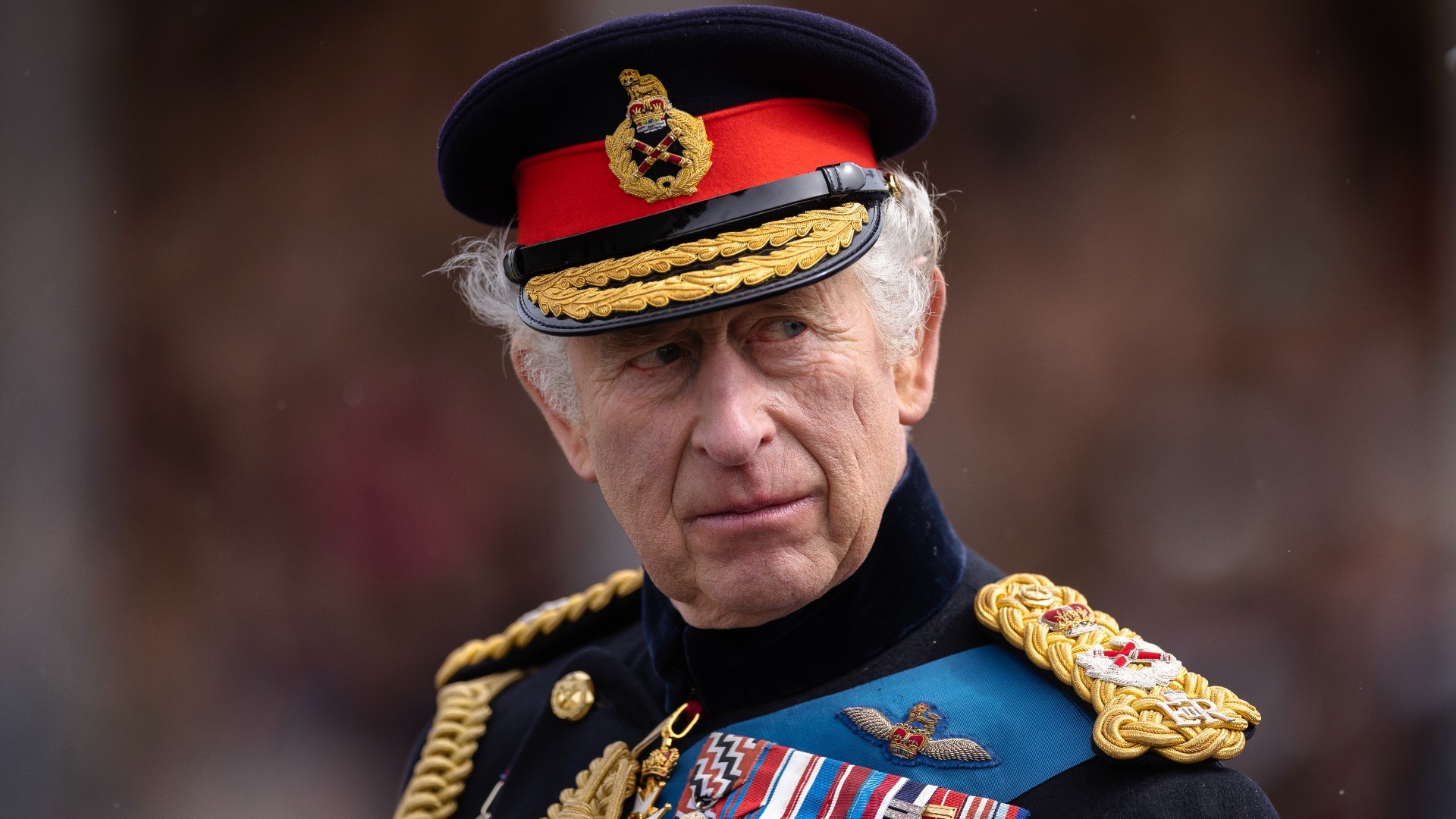 King Charles at 75: how the monarch has made his mark
King Charles at 75: how the monarch has made his markTalking Point 'Modernising monarch' puts change on hold in first year in favour of stability and continuity
-
 Royal family website attacked by Russian hackers
Royal family website attacked by Russian hackersSpeed Read Pro-Kremlin group claim responsibility just two weeks after King Charles condemns invasion of Ukraine
-
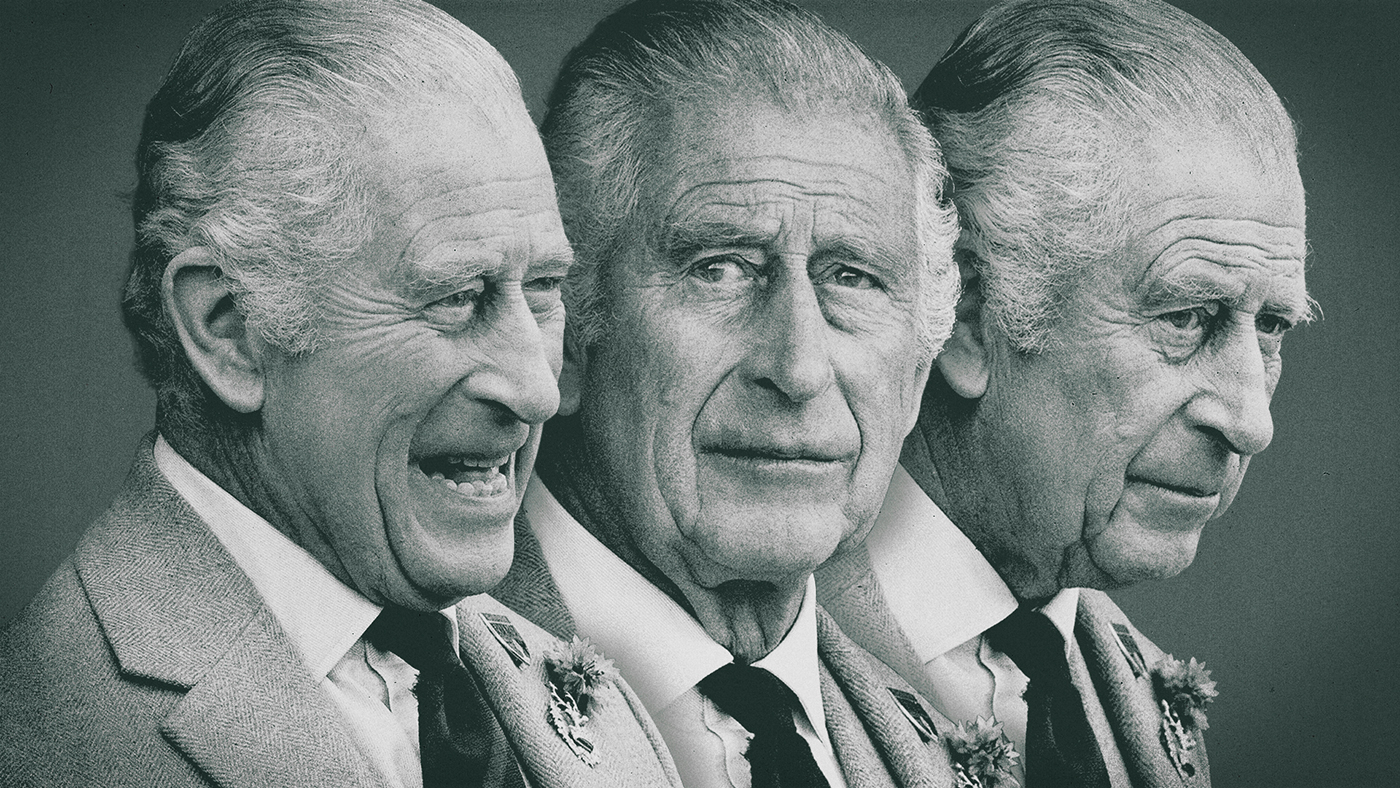 What have we learned in King Charles’s first year?
What have we learned in King Charles’s first year?Today's Big Question The monarch is ‘stamping his personality’ on the role and is definitely not a ‘caretaker’, says Palace source
-
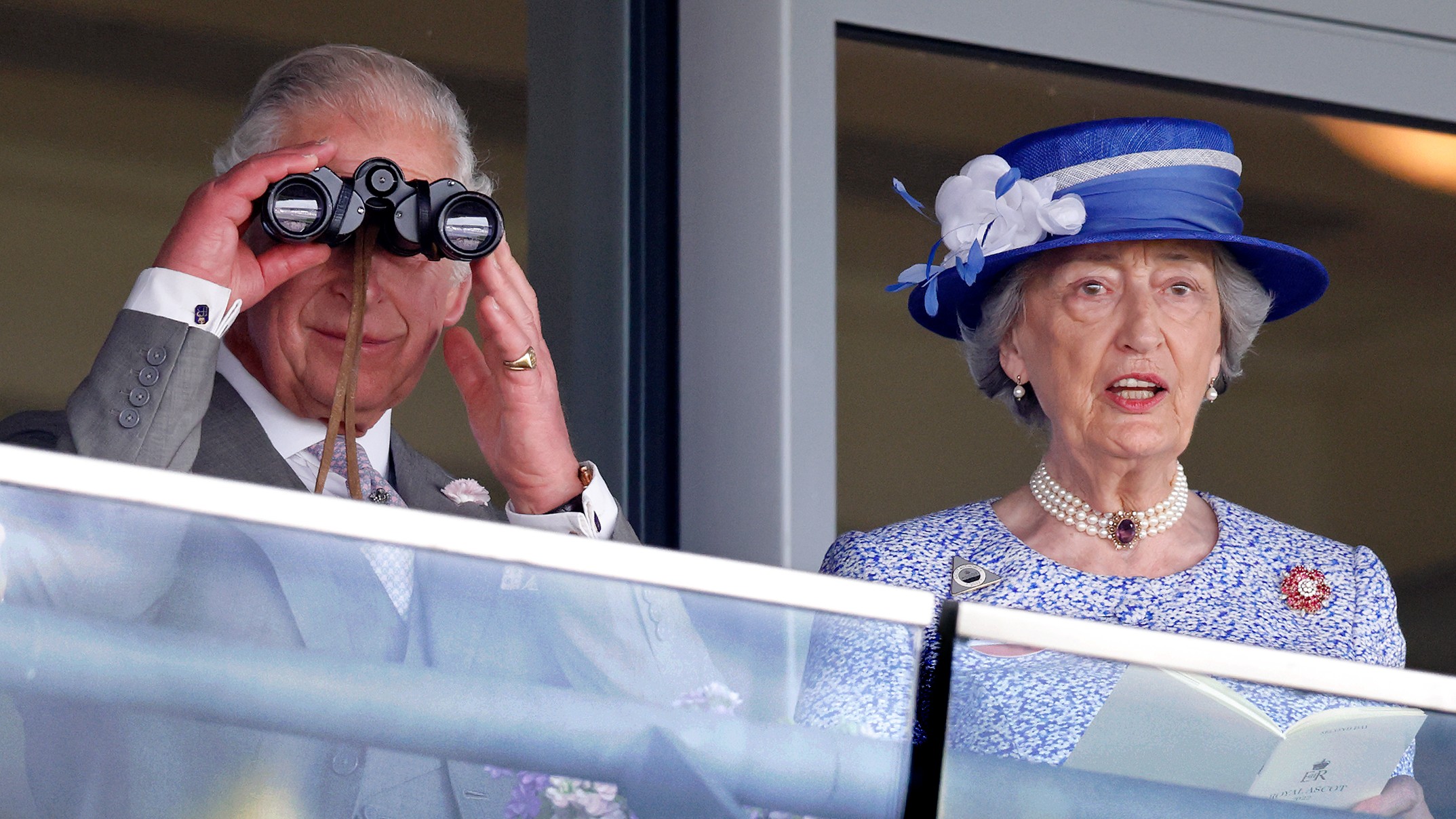 Lady-in-waiting Susan Hussey resigns over racist ‘abuse’ row
Lady-in-waiting Susan Hussey resigns over racist ‘abuse’ rowSpeed Read Palace aide repeatedly asked where black charity boss was ‘really’ from during royal reception
-
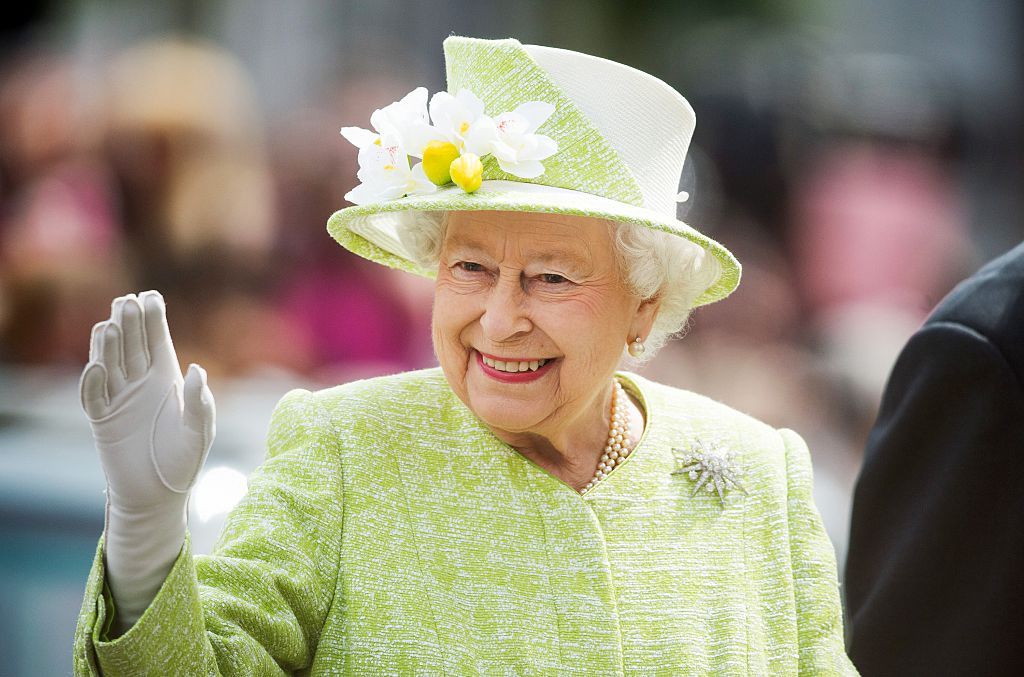 Queen Elizabeth II died of 'old age,' death certificate says
Queen Elizabeth II died of 'old age,' death certificate saysSpeed Read
-
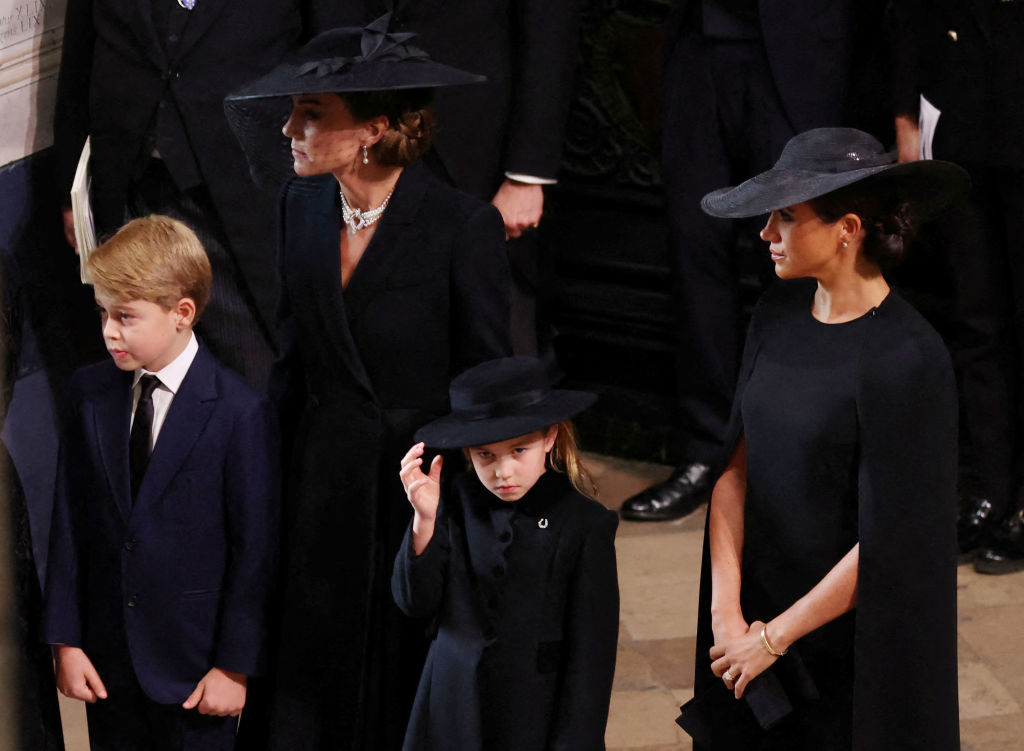 Princess Charlotte wears horseshoe brooch that the queen gave her at funeral
Princess Charlotte wears horseshoe brooch that the queen gave her at funeralSpeed Read
-
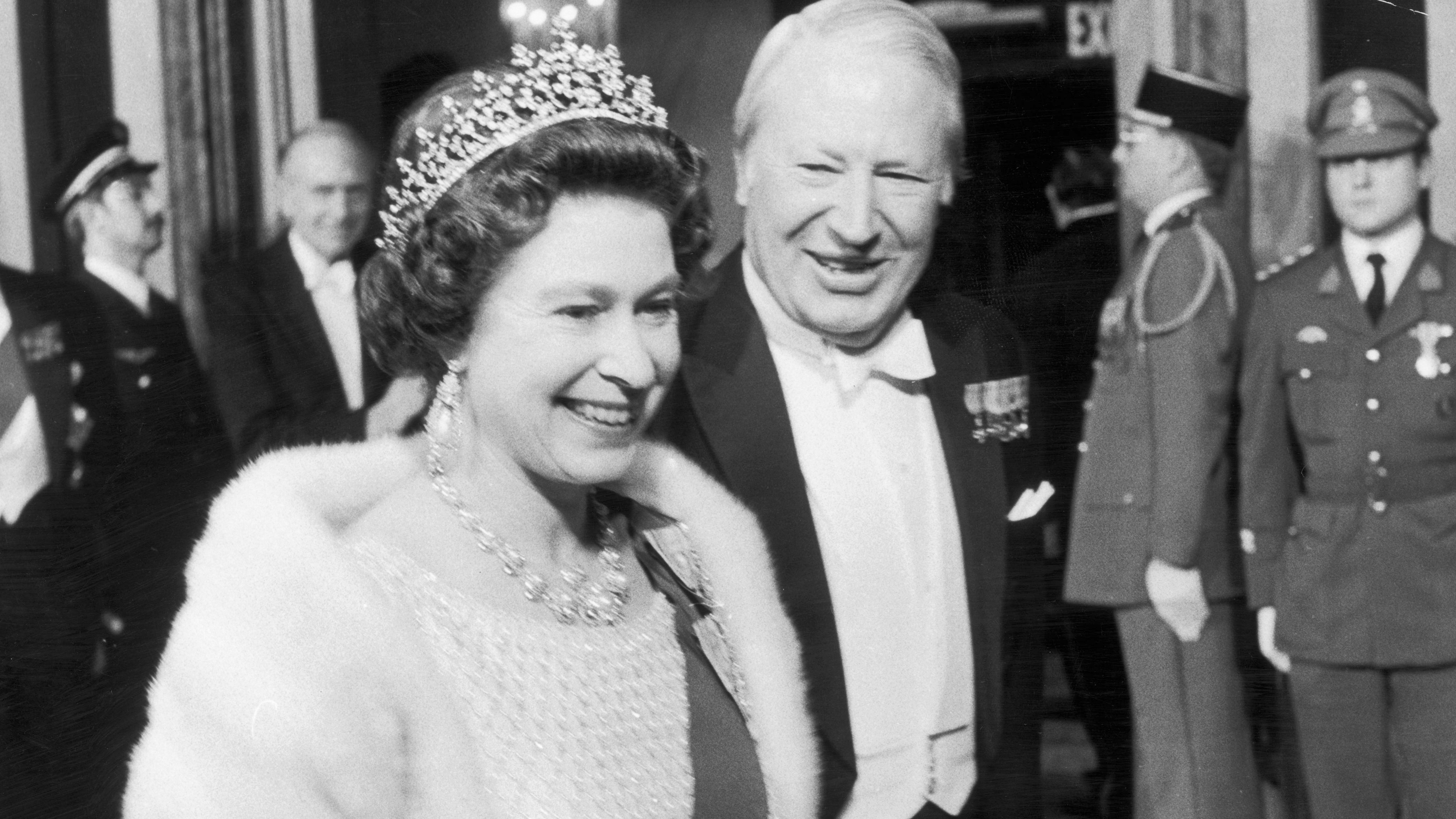 The Queen and her prime ministers - in pictures
The Queen and her prime ministers - in picturesIn Pictures Through her 70-year reign, the Queen greeted 15 prime ministers
-
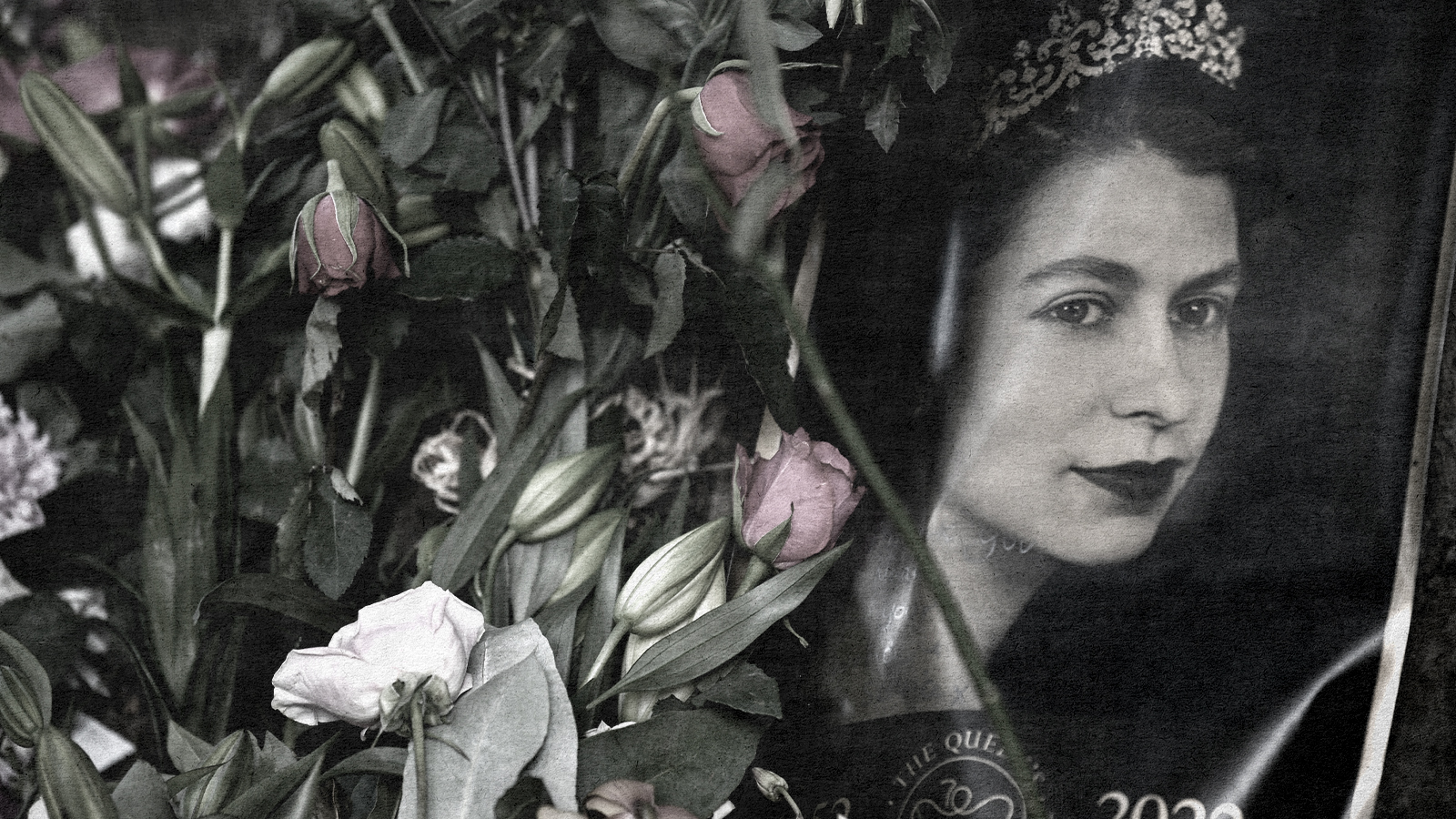 Inside the queen's funeral
Inside the queen's funeralSpeed Read A final goodbye to the beloved monarch who reigned for 70 years